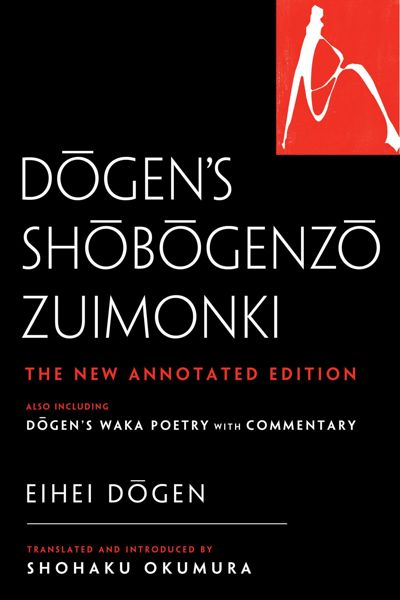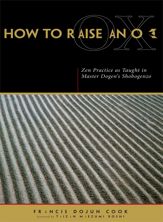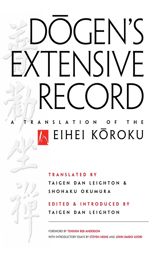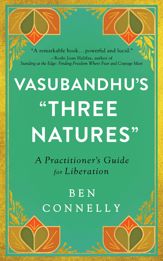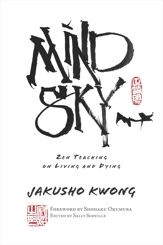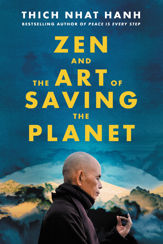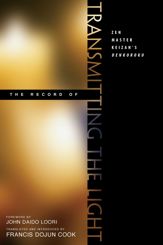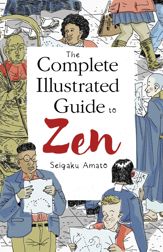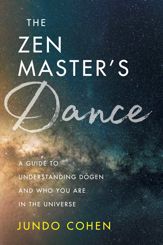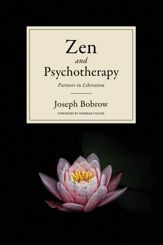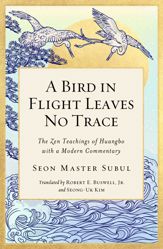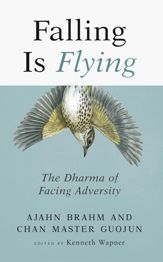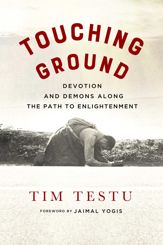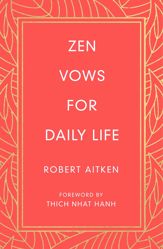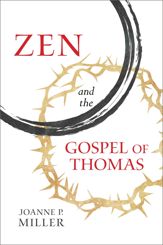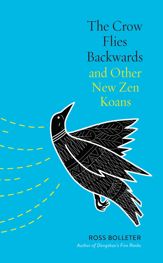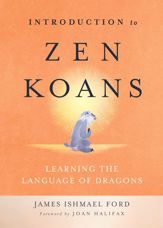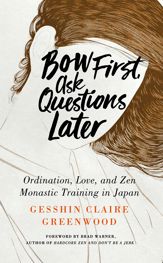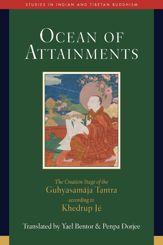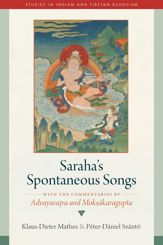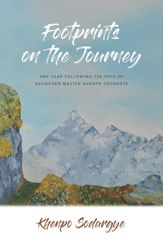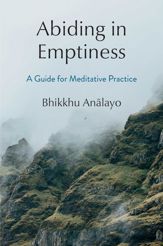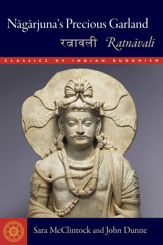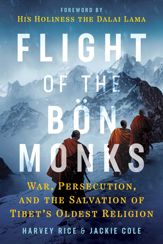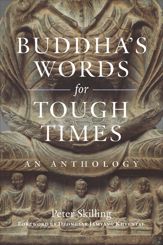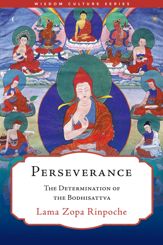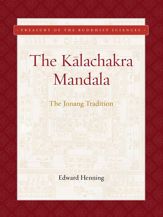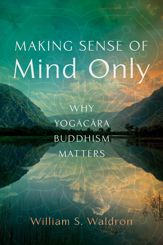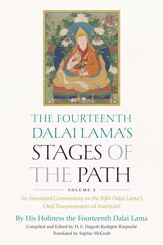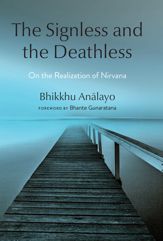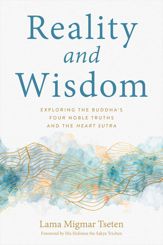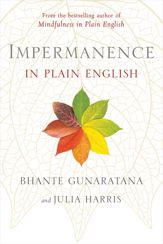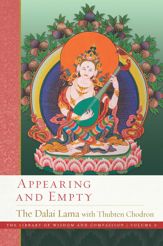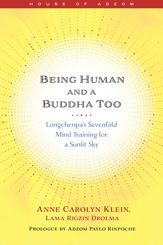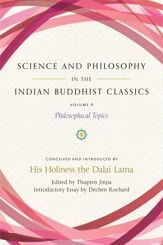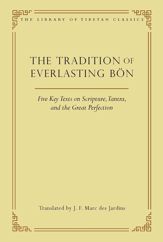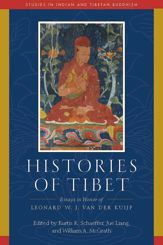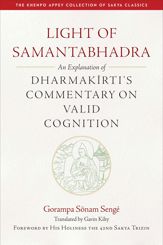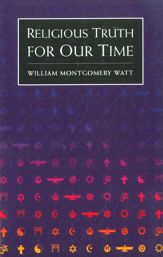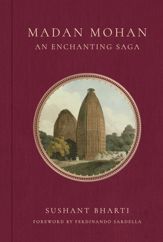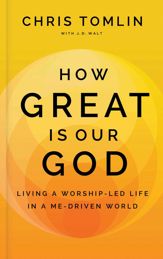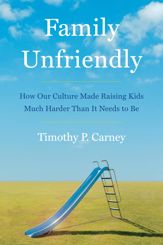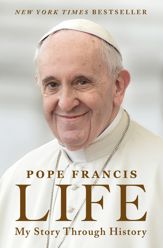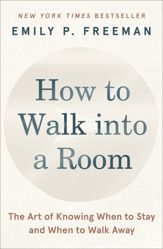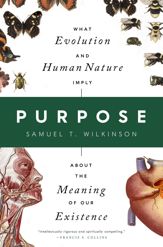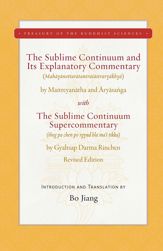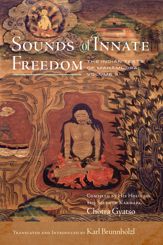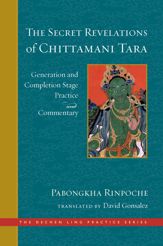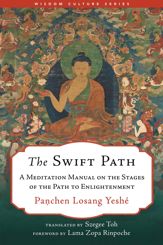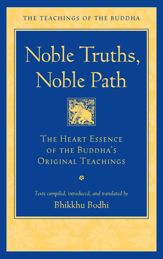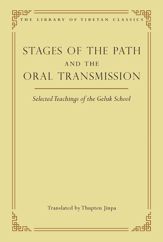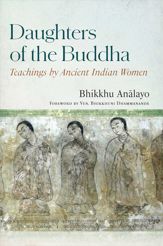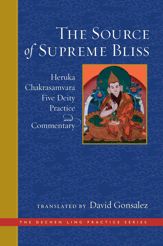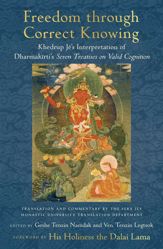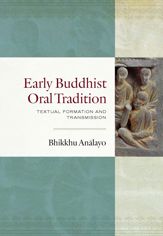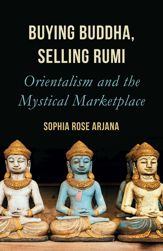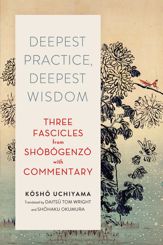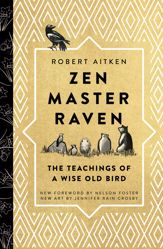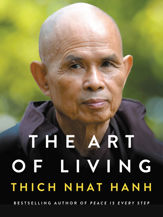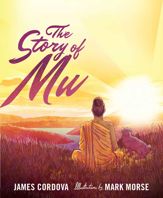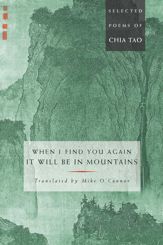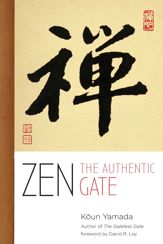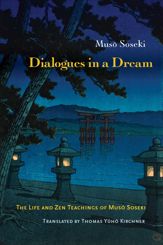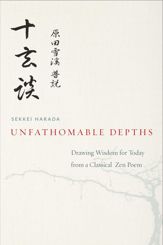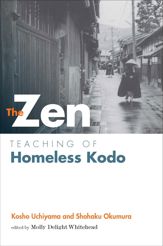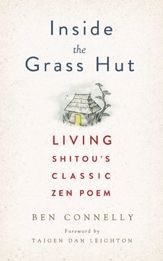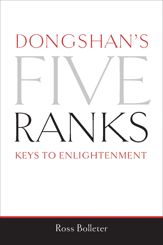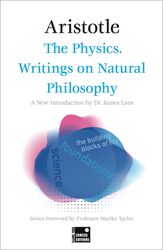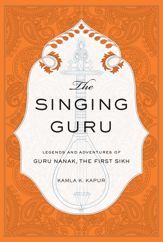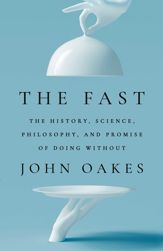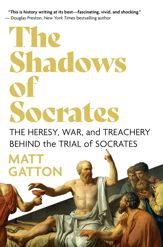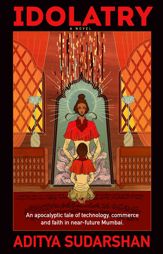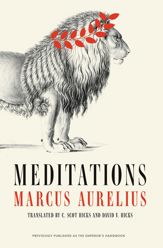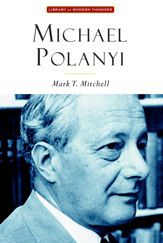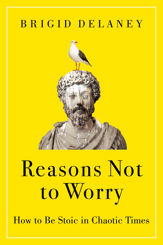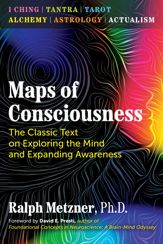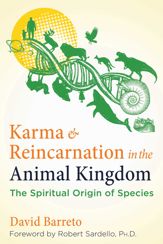“Shohaku Okamura’s ongoing work of translation and commentary has for many years shaped my understanding of Dogen’s teaching. A deeply devoted Zen priest, his careful scholarship is matched by the modesty, straightforwardness, and thoroughness of his interpretations. Shobogenzo Zuimonki is two important volumes in one: part 1 is the Zuimonki itself, Dogen’s informal instructions to his close disciples, freshly translated with lucid comments and notes; and part 2 is the first full translation of Dogen’s waka poems to include extensive Buddhist commentary, referencing a range of Dogen’s other writings. I am thrilled and grateful to have both these important new additions to Dogen in English; they will give readers a much fuller appreciation of the range of this great master’s expression.”
Description
The clearest and most approachable teachings from Dogen, the most famous thinker and writer in Zen Buddhism.
Discover the teachings of the preeminent Zen Master Dogen in his own words, written down by his Dharma successor, Koun Ejo. This edition includes both the Shobogenzo Zuimonki and translations of and commentary on Dogen’s luminously evocative waka poetry.
Distinct from Dogen’s similarly titled magnum opus (simply called the Shobogenzo), the Shobogenzo Zuimonki can be read as a highly practical manual of Buddhist practice. Consisting of straightforward and accessible teachings and making more limited use of the allusion, wordplay, and metaphor that characterize the essays in the Shobogenzo, this work is an essential read for any student of Zen Buddhism. Among the many topics covered, Dogen especially emphasizes the following points: seeing impermanence, departing from the ego-centered self, being free from greed, giving up self-attachment, following the guidance of a true teacher, and the practice of zazen, specifically shikantaza, or “just sitting.” Additionally, this translation of the Shobogenzo Zuimonki has extensive notes, which help to provide you with a new way of approaching the text.
The collection of waka poems included in this volume are a beautiful artistic expression of the Dharma. Rarely seen in this large of a collection or with commentary, this poetry offers unique insight into an important expression of Dogen’s teachings.
By the spring wind
my words are blown and scattered
people may see them
the song of flowers
These teachings, which have informed teachers and practitioners alike throughout the centuries, will deepen your knowledge, understanding, and experience of the Soto Zen tradition.
Reviews
“I offer profound praise for Dogen’s Shobogenzo Zuimonki and for this wonderful new translation and commentary by Shohaku Okumura Roshi. For many Zen students of my generation these inspiring words were our first extensive experience of the writings of Dogen Zenji. Now we have a fresh translation of this masterpiece, along with insightful commentary, to inspire and guide our practice in the twenty-first century. May Dogen’s Dharma wheel continue to turn for the welfare of this world.”
“This translation is not only Dogen’s instructions, handwritten by his successor Ejo and transmitted to us. It’s as if the reader were there over and over again with the myriad examples and instructions straight from Dogen. With the combination of Dogen’s poetry, this gives a light and creative quality. I was struck by the simplicity of Okumura-roshi’s presentation, which is the profundity of Zen. This book will stand and speak as a classic—openly shared and digested for the true Zen student.”
“This book is a long overdue new translation of Dogen’s Shobogenzo Zuimonki, his informal Dharma talks, and perhaps his most accessible teachings, as recorded by his disciple Ejo. Shohaku Okumura brings extensive Zen practice and scholarship to this translation offering footnotes, biographies, and commentary. An added bonus to this book is the addition of Okumura’s evocative translations and commentaries on Dogen’s waka poems. If you are a Dogen fan, this book is a must for your library.”
